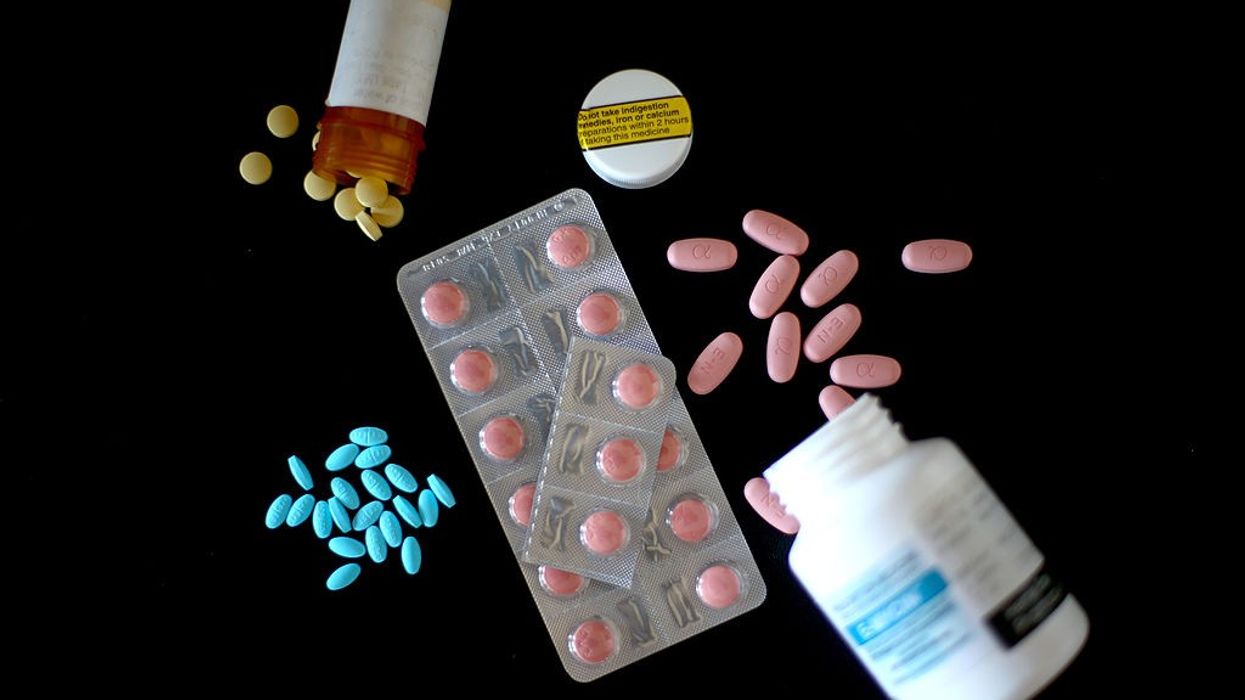RPS and PCC urge political leaders to urgently get rid of prescription charges for chronic conditions on the currently outdated exemption list
In partnership with the Prescription Charges Coalition (PCC), the Royal Pharmaceutical Society (RPS) has taken a significant step by urging political leaders to abolish prescription charges for individuals with long-term conditions.
Tase Oputu, Chair of the RPS England Pharmacy Board, signed an open letter on Thursday, calling on party leaders to address this pressing issue.
The letter emphasises the outdated nature of the current exemption list, which forces individuals with chronic conditions like Parkinson’s, cystic fibrosis, and HIV to bear the cost of their essential medications.
It urges party leaders to urgently review and update the exemption list to ensure equitable access to necessary medicines.
“Nobody should face a financial barrier to accessing the medicines they need," Oputu stated.
"Prescription charges are a stealth tax on health, and every day pharmacists are asked by patients who are unable to afford all the items in their prescription which ones they could 'do without'."
She further highlighted the adverse effects of this financial burden on patients’ health and the broader healthcare system.
“If you can’t afford your medicines, your condition can worsen, leading to poor health, lost productivity, and increased risk of hospital admission, piling pressure on the NHS.
"As the general election approaches, I hope that political parties can commit to scrapping this complex and unjust system,” she added.
Need to revise outdated exemption list
The PCC’s letter to the Conservative and Labour party leaders underscores the urgency of reviewing the exemption list.
It draws attention to the unfairness of the current system, which leaves people with various chronic conditions paying for vital medications necessary for their well-being.
Earlier this week, the Liberal Democrats committed to reviewing the exemption list if elected, as outlined in their manifesto released on June 10th.
This commitment by the Lib Dems has added momentum to the coalition's campaign, with the hope that other parties will follow suit.
The letter, signed by over 20 members of the PCC, sets a compelling case for the new government to revise the outdated exemption list.
The exemption list currently affects individuals with asthma, sickle cell, HIV, cystic fibrosis, Parkinson’s, Crohn’s, and colitis, as well as heart, lung, and kidney diseases.
As the general election draws near, the RPS and PCC are encouraging voters to engage with their local election candidates.
They are urging them to commit to reviewing the prescription exemption list and ensuring that those with long-term conditions receive the necessary medications without financial strain.
The RPS’s call for action highlights a critical public health issue that demands immediate attention from political leaders.
The coalition awaits responses from the party leaders, hopeful for a commitment to end prescription charges and promote equitable healthcare access.












